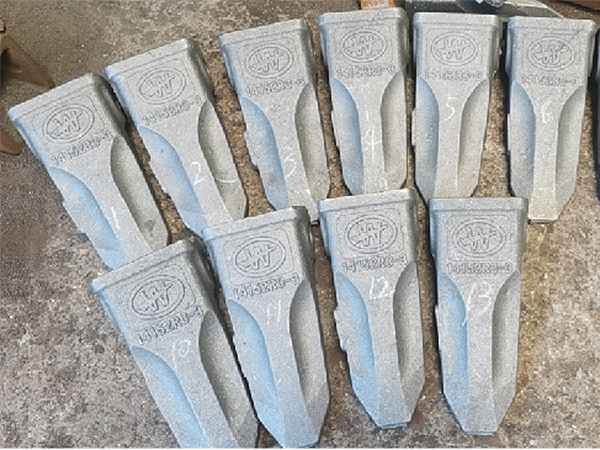What is Resin Coated Sand?
Resin coated sand is a specialized material widely used in the foundry industry for the production of high-quality castings. This type of sand consists of a base sand that has been coated with a resin binder, typically phenolic or thermosetting resins, which enhances the sand's binding properties and improves the overall performance of casting processes. The unique characteristics of resin coated sand make it a preferred choice for various applications, particularly in the manufacturing of complex and intricate metal components, where precision and surface finish are crucial.
Composition
The primary component of resin coated sand is silica sand, which provides the necessary structural integrity and granulation. The silica grains are coated with a thin layer of resin, which acts as a binding agent. This coating process usually involves mixing the sand with resin and a catalyst under controlled conditions to ensure a uniform distribution of the resin on the sand grains. The result is a material that is both resilient and capable of maintaining its shape during the casting process.
Properties
Resin coated sand exhibits several important properties that contribute to its effectiveness in foundry applications
1. High Strength The resin coating significantly increases the compressive strength of the sand, which helps in retaining the shape of the mold during the metal pouring process. This is especially crucial for intricate designs that require precision and stability.
2. Thermal Stability Resin coated sand can withstand high temperatures without degrading. This thermal stability is vital when casting metals, which are poured at very high temperatures.
3. Excellent Surface Finish The smooth texture of resin coated sand allows it to produce castings with a superior surface finish. This is particularly important in industries where appearance and dimensional accuracy are critical.
4. Reduced Gas Emission During the casting process, traditional sand may release gases that can cause defects in the final product. Resin coated sand minimizes such gas emissions, leading to cleaner and more reliable castings.
5. Versatility This material can be tailored for specific applications by adjusting the composition and the type of resin used. It is suitable for a variety of metals, including iron, aluminum, and steel.
what is resin coated sand

Applications
Due to its favorable properties, resin coated sand is used in various sectors of the foundry industry
- Automotive Industry Many components of automobiles, such as engine blocks and transmission housings, are produced using resin coated sand, thanks to its precision and reliability. - Aerospace The aerospace sector requires components that meet strict quality standards. Resin coated sand helps in manufacturing lightweight yet durable parts that can withstand extreme conditions.
- General Manufacturing It is also utilized in producing a wide range of metal products across various industries, including construction, machinery, and consumer goods.
Advantages Over Traditional Sand Casting
The use of resin coated sand offers several advantages over traditional sand casting materials
- Improved Productivity The faster setting time of resin coated sand enables quicker turnaround times in the foundry, leading to higher production rates.
- Lower Defect Rates With reduced gas emission and higher strength, the likelihood of casting defects is significantly lowered, which translates into higher yields and reduced scrap rates.
- Eco-Friendliness Many manufacturers are shifting towards more sustainable practices, and resin coated sand can be formulated to be more environmentally friendly, which aligns with modern industry standards.
Conclusion
In conclusion, resin coated sand represents a significant advancement in the foundry industry, providing numerous benefits over traditional sand casting methods. With its high strength, thermal stability, and versatility, it is an ideal choice for producing complex and high-quality castings across various applications. As the demand for precision-engineered metal components continues to grow, resin coated sand will likely play a pivotal role in the future of manufacturing, offering solutions that meet both industry standards and customer expectations.
Post time:Desemba . 10, 2024 04:45
Next:3D Printed Sanding Block for Perfectly Smooth Finishes
